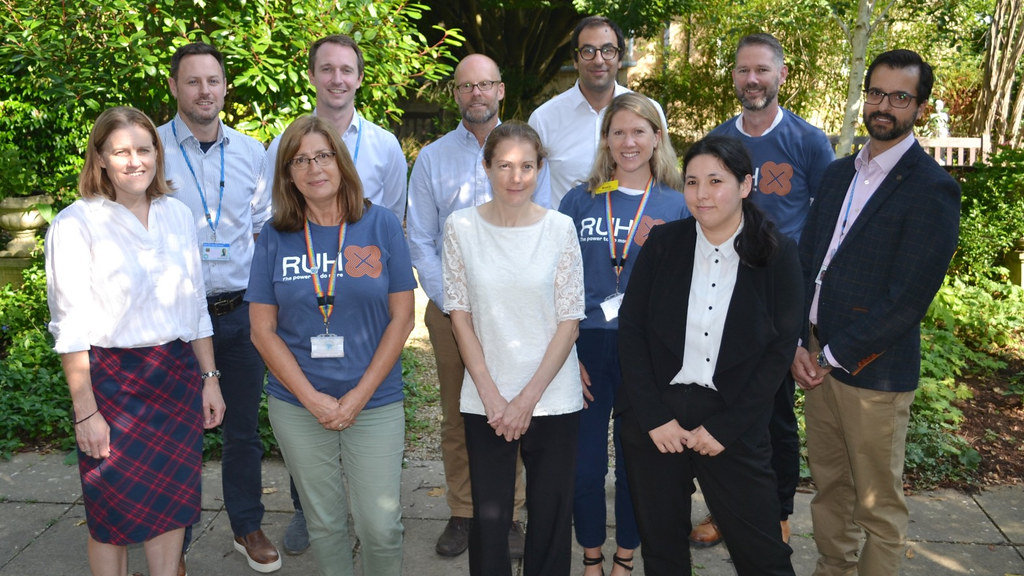A pioneering new approach to tackle heart disease using a pre-emptive, lifestyle, and behaviour change programme is being trialled by a research team from the Royal United Hospital (RUH) Bath NHS Foundation Trust with academics at the University of Bath.
The programme, called ‘Super Rehab’, is all about testing the impact of a high-level, well-resourced, one-to-one support for patients with heart disease. This offers more than advice; instead providing a tailored dietary and exercise programme personalised to individuals with support to make sure the changes are practical and can become part of a daily routine.
Working in partnership with the University, with support from the hospital charity RUHX, the RUH team are working towards offering Super Rehab to patients earlier in the evolution of their forms of heart disease. This aims to halt its progression, help patients feel better, and potentially even reverse the disease process.
For example, in the research project, if a CT scan shows that a patient has Coronary Artery Disease, they will be offered the chance to take part in the Super Rehab Randomised Controlled Trial. Super Rehab takes a phased approach, with intensive 1:1 support from personal trainers and dieticians over the first two-three months, moving on to more independence and less face-to-face support up to 12 months.
Offered as a supplement to usual care, the research team are also collaborating with researchers at the University of Oxford to track Super Rehab’s impact using the very latest heart imaging techniques and industry partners for heart rhythm monitoring, alongside blood tests and fitness tests.
At Bath the team have been involved in developing Super Rehab for use within NHS settings. Professors Dylan Thompson and Fiona Gillison are applicants on the successful Research for Patient Benefit NIHR grant which funds the work, and both are supervising Bath PhD candidate, Dr John Graby, who has paused his clinical training to focus exclusively on Super Rebab. Dr Theresa Smith from the Department of Mathematical Sciences is the trial statistician.
Dr Ali Khavandi, Consultant Cardiologist, who come up with the original concept for Super Rehab explained: "There has been an evolution in technology over the last 10 years that allows us to treat more and more complex illness and make a difference to our patients.
"Now, we have the exciting opportunity to focus back a few steps and look at what we can do to prevent patients from getting to this stage in the first place, by looking at how dietary and lifestyle changes, such as getting more exercise, can improve, or even reverse, chronic illness."
The initial research project focuses on Coronary Artery Disease, but the team are planning a new follow-up study in people with atrial fibrillation.
Dr Dylan Thompson, Professor of Human Physiology at the University of Bath and Co-Director of the University's Centre for Nutrition, Exercise and Metabolism, said: "We are delighted to be working with the team from the RUH in this new collaboration. The potential of Super Rehab to directly benefit patients and make a difference to current treatment and care pathways is very exciting."
As well as Consultant Cardiologist Dr Ali Khavandi, the research team includes: Dr Jonathan Rodrigues, Consultant Cardiothoracic Radiologist & Honorary Senior Lecturer at the University of Bath; Prof Dylan Thompson, Professor of Human Physiology at the University of Bath; Prof Fiona Gillison, Professor of Behavioural Psychology at the University of Bath; Dr Theresa Smith, trial statistician; Dr John Graby and Dr David Murphy, Cardiology Clinical Research Fellows; plus Dr Hugh McLeod, Senior Lecturer in Health Economics at the University of Bristol.

